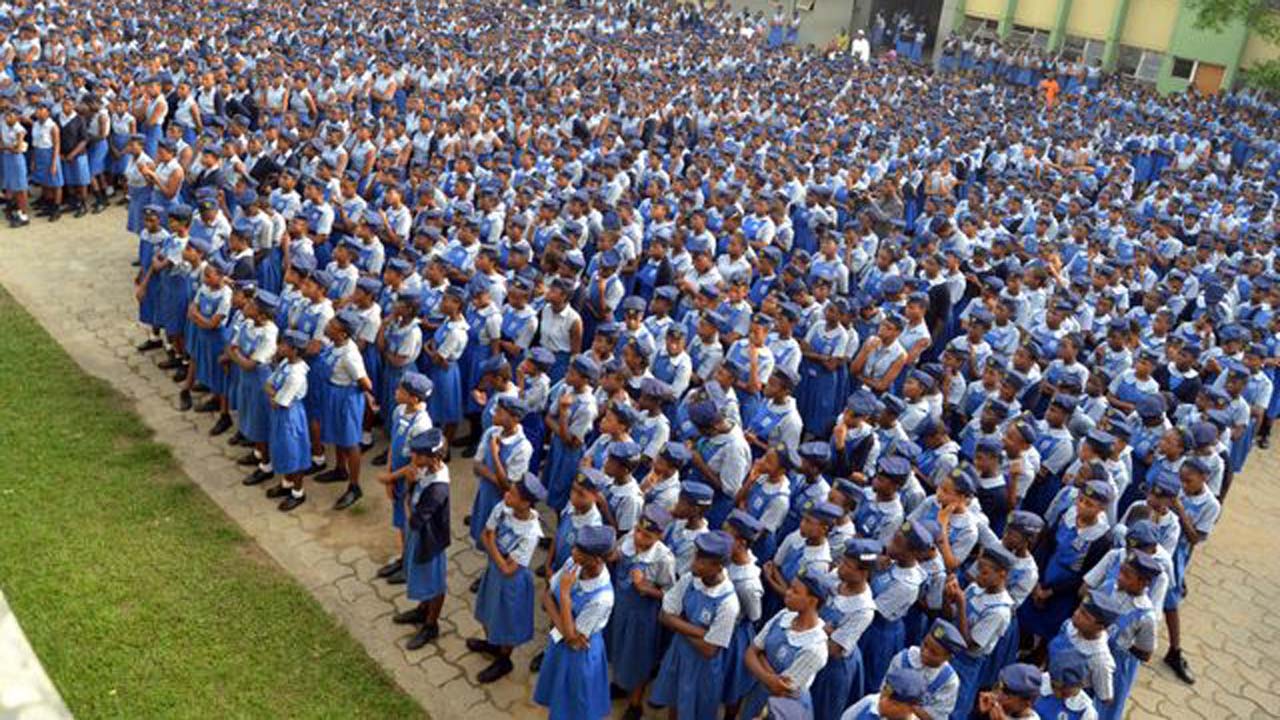
The Federal Government, through the Federal Ministry of Education, has announced a substantial increase in the school fees for new students entering Federal Government Colleges, commonly known as Federal Unity Colleges.
According to a directive from the Office of the Director of Senior Secondary Education Department of the Federal Ministry of Education, reference number ADF/120/DSSE/I, dated 25th May, 2023, the fees have been hiked to ₦100,000.
According to the circular entitled, “Approved fees/ charges for Federal Unity Colleges (1st Term) for new students“, signed by the Director of Senior Secondary Education, Hajia Binta Abdulkadir, new students are expected to part with ₦100,000 instead of the previous N45,000.
“The latest fees/charge increment will affect virtually all aspects and activities of the school, including tuition and boarding fees, uniform, text books, deposit, exercise books, prospectus, caution fee, ID card, stationery, clubs and societies, sports, extra lesson, insurance, et al.
“Please be informed that the ministry has approved only the underlisted fees and charges for all Unity Colleges,” the memo read.
The decision to raise the school fees has ignited a storm of criticism from parents, students, and education advocates across the country. Many argue that the exorbitant increase places an undue burden on families, especially during a time when economic challenges are already prevalent.
Federal Unity Colleges have long been viewed as institutions that offer quality education at affordable rates, providing opportunities to students from various socio-economic backgrounds. However, with this sudden spike in fees, concerns have been raised about accessibility to quality education for less privileged students.
Parents and guardians are expressing their disappointment, asserting that the government should focus on improving the quality of education and infrastructure in schools rather than increasing the financial burden on already struggling families. They argue that such a move could lead to a decline in enrollment rates and hinder the pursuit of education for many aspiring students.
The timing of the fee hike is particularly contentious, as it coincides with a period of economic uncertainty and rising inflation rates. Families are grappling with soaring living costs, and the additional financial strain of higher school fees may result in some students being unable to continue their education in these federal institutions.
Education advocacy groups and concerned citizens are calling on the government to reconsider this decision and engage in dialogue with stakeholders to find a more sustainable solution. They believe that education should be a top priority for any nation’s development and that access to quality education should not be compromised due to financial constraints.
Rice, a staple for Christmas celebrations in Nigeria, has become a luxury this year. Soaring…
Panic erupted on Saturday at a concert in Lagos when the stage collapsed during Odumodublvck’s…
The Federal Government of Nigeria has allocated ₦6,364,181,224 billion for the refurbishment and rehabilitation of…
The black market dollar to naira exchange rate for today, 22nd December 2024, can be…
The Nigerian National Petroleum Company Limited (NNPCL) has refuted claims that the 60,000 barrels per…
Manchester City finds itself in unprecedented turmoil, with relegation-level form showing little sign of improvement.…